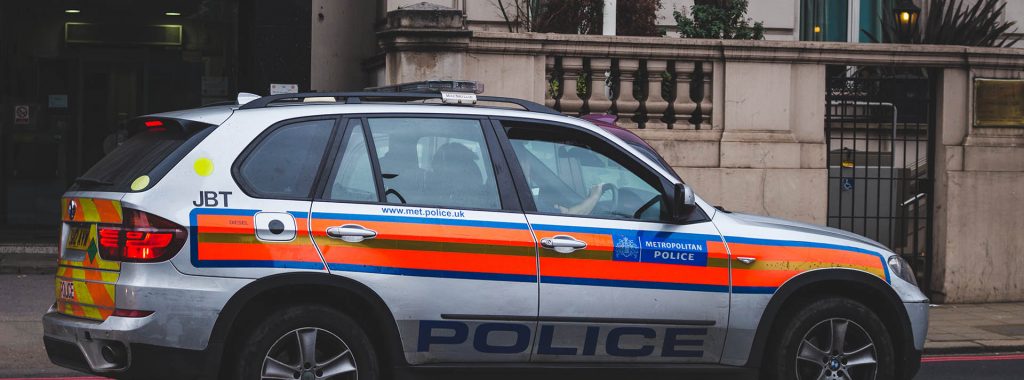
Police Misconduct: Your Rights and Legal Recourse in New York
When a crime is committed against you, you have the reasonable belief that the police are there to help you. That the law enforcement officers you see every day are worthy of your trust. In most cases, law enforcement officers can be and should be trusted. Unfortunately, that isn’t always the case.
What happens when a routine stop for blue lights leads to brutality against you? Not all criminals look and act like criminals. Sometimes the wear uniforms.
What is Police Misconduct?
According to the New York City Bar Association, police misconduct is: “…the result of intentional, negligent or reckless conduct that breaches the officer’s duty to faithfully execute the laws of New York and results in injury.”
The injury you suffer because of police brutality or unlawful conduct doesn’t have to be a physical injury, it can also be the emotional pain and suffering from humiliation, degradation, or ruination of a reputation. Physical violence against civilians, false arrests, or the infringement of your civil rights by a police officer is a crime, and it should be punished at the fullest extent of state and federal law.
Most Common Types of Police Misconduct
You trust that when you make that call for law enforcement, that when they arrive, they will do their duty faithfully, honorably, and with your safety in mind. That doesn’t always happen, and could become a victim of police misconduct. But what does that look like? What is considered police misconduct?
Here are the most commons citizen complaints against law enforcement agencies in New York:
- Racial Profiling – discriminatory harassment, discriminatory misconduct, discriminatory traffic stops
- False Arrest – false confessions, false imprisonment
- Excessive force – excessive physical force used in the act of apprehension or detention of a civilian
- Surveillance Abuse – using police department issued equipment to record you without authorization
- Sexual Assault – sexual misconduct, coercive sexual conduct, aggravated sexual abuse, rape
- Verbal Attacks – making false claims, verbal harassment in public, the use of racial or discrimiatory slurs
- Abuse of Legal Power – using law enforcement resources to push for false confessions
- Corruption and Bribes – taking money, favors, or asking for sexual acts in return for “looking the other way” or misplacing evidence
What if I Wasn’t Physically Injured?
Some injuries caused by police misconduct aren’t always visible. Sometimes the emotional toll is just as damaging. The humiliation, the shame, the pointed fingers, the loss of jobs/income because of false claims against you can be crippling.
In the case of a non-physical injury, police misconduct may be a little more difficult to claim, but not impossible. You are still a human being with rights, and when those rights are violated because of police misbehavior, you deserve justice.
What Can I Do if I’m a Victim of Police Misconduct?
Police misconduct cases are some of the most polarizing cases in New York City. Every day, millions of citizens put their trust in the men and women in uniform, and when one of those we’re supposed to trust is accused of discriminatory treatment, gross misconduct, impeding of civil rights, or acting in a manner that goes against the policies of the New York City police department or other local law enforcement agencies, you have the right to seek justice.
If you are injured at the hands of law enforcement officer, seek immediate medical care. Physical injuries caused by police brutality, excessive force, sexual abuse/assault, or the negligence of a law enforcement officer must be documented and reported. Pictures of the injuries and copies of the medical report will be critical evidence your civil rights lawyer will use to make sure the police officers accused are tried and punished for their actions.
Next, document the incident as best you can using your injury, witness statements, and a written report of your claims. With the advancements in law enforcement equipment such as body cameras and dash cameras, obtaining video and audio evidence of your police misconduct claim is much easier than ever. Your attorney will work to get this documentation for you, however, any documents you can provide for them, will make the process that much smoother for you.
What if Someone I Love Died in Police Custody?
Sadly, sometimes police misconduct, poorly executed police practices, and negligence can lead to death. In those wrongful deal cases, a civil rights attorney will work to prove that the deceased person was in good health before placed in police custody, and that direct or indirect (negligent) misconduct by law
The most important thing you can do if you are a victim of police misconduct or wrongful death is contact a civil rights attorney to file a claim against the New York City law enforcement agency and their law enforcement officer. Your lawyer is there for you to explain the process of filing a claim, and to do all the hard work of obtaining the evidence against the officer accused.
Call a civil rights attorney today for a free consultation and assessment of your case.